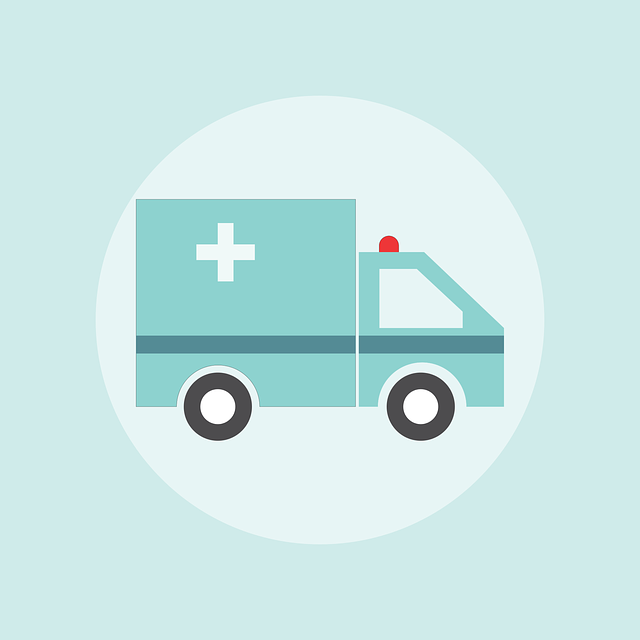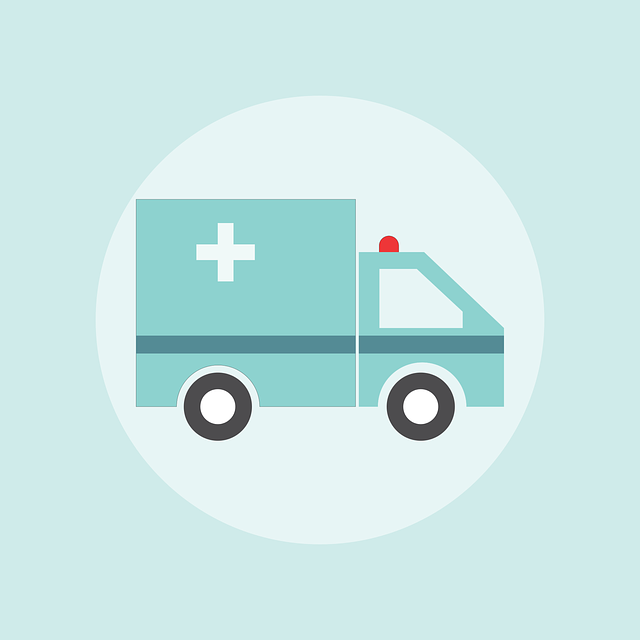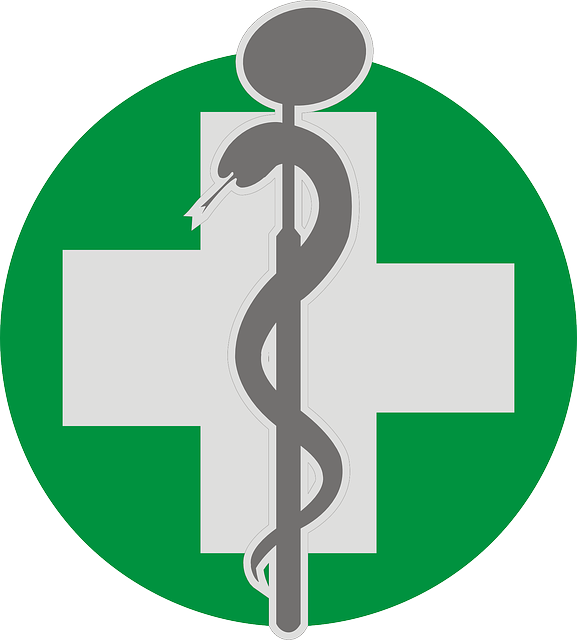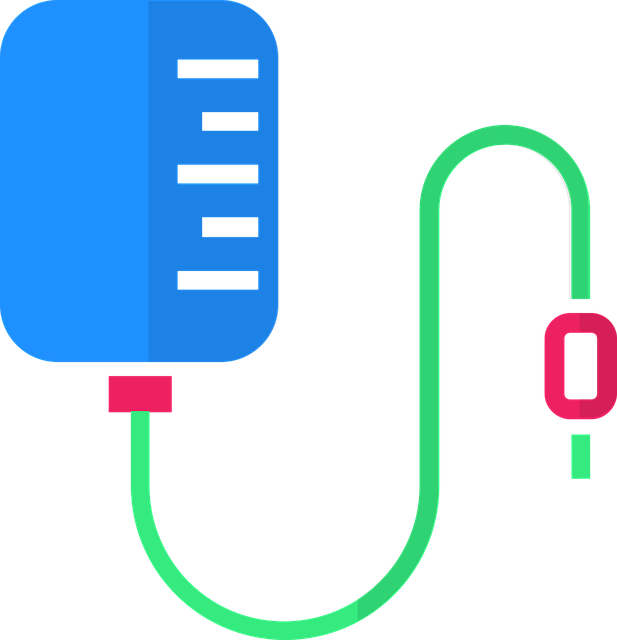In South Africa, hospital plans and medical aids offer crucial protection for healthcare expenses. Which is better? Understanding their distinct roles and financial solvency is key. While hospital plans focus on immediate emergency care, medical aids provide comprehensive coverage including routine check-ups and chronic disease management. Evaluating scope of coverage, provider networks, and cost structures helps individuals choose between these options based on their specific healthcare needs. Financial stability checks ensure access to quality care, answering the question: Which Is Better Hospital Plan Or Medical Aid?
In South Africa, understanding the nuances of hospital plans and medical aid schemes is paramount for residents seeking quality healthcare. While both offer essential coverage, choosing between them can be challenging. This article delves into the critical aspect of solvency – a key indicator of an organization’s financial stability – to help you make informed decisions. We explore what solvency means, how to evaluate it, and its direct impact on access to quality care, ultimately guiding you in selecting the best option: hospital plan or medical aid.
- Understanding Hospital Plans and Medical Aids in South Africa
- What is Solvency and Why Does it Matter?
- Evaluating Financial Stability of Health Schemes
- Key Factors to Consider When Comparing Hospital Plans vs Medical Aid
- Ensuring Quality Care: The Role of Solvency Checks
Understanding Hospital Plans and Medical Aids in South Africa

In South Africa, both hospital plans and medical aids play pivotal roles in ensuring accessible healthcare for citizens. However, distinguishing between them is crucial for individuals seeking to make informed decisions about their health coverage. A hospital plan, often offered by insurance companies, focuses on providing financial protection during hospital stays, covering various medical procedures and treatments. On the other hand, medical aid schemes are typically employer- or government-sponsored initiatives designed to offer comprehensive healthcare benefits, including medical, dental, and chronic disease management.
When considering which is better between a hospital plan and medical aid, it largely depends on individual needs and circumstances. Hospital plans excel in offering immediate financial relief during emergencies or specialized treatments, making them suitable for those prioritizing short-term coverage and specific medical procedures. In contrast, medical aids are more comprehensive, catering to ongoing healthcare needs, routine check-ups, and preventive care, which is ideal for families seeking long-term health security. Understanding these differences is essential when evaluating the solvency of such plans, ensuring members receive the quality care they expect.
What is Solvency and Why Does it Matter?

Solvency refers to a financial institution’s or scheme’s ability to meet its long-term obligations and maintain stability. In the context of hospital plans and medical aid schemes, solvency ensures that they have sufficient funds to honour their commitments to members when claims arise. This includes paying for medical treatments, hospital stays, and other healthcare services.
When evaluating which is better between a hospital plan or a medical aid scheme, understanding their solvency is paramount. A robustly solvent plan guarantees financial security, ensuring members access the necessary healthcare without worrying about the long-term financial viability of the scheme. Conversely, an insolvent or financially weak plan could face challenges in fulfilling its responsibilities, potentially leading to delays in claims payments or even worse outcomes for members.
Evaluating Financial Stability of Health Schemes
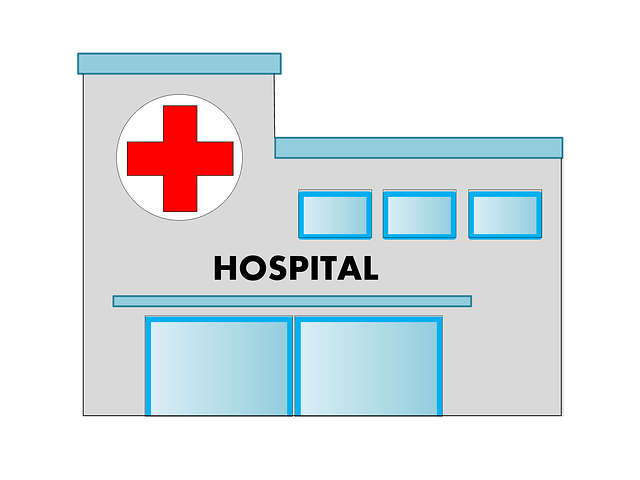
When considering a hospital plan versus medical aid, evaluating the financial stability of health schemes is paramount for consumers in South Africa. It’s crucial to assess how well a scheme can meet its financial obligations over time. This involves looking at their investment strategies, cash reserves, and overall financial performance. Reputable schemes with robust financial backing are more likely to ensure long-term sustainability, access to quality healthcare services, and protection against unexpected medical expenses.
Consumers should seek out schemes that publish regular financial statements and have independent audits conducted to verify their financial health. This transparency allows for informed decision-making when choosing between hospital plans or medical aid. By understanding the scheme’s financial stability, individuals can be confident in their ability to receive continuous care when facing medical challenges.
Key Factors to Consider When Comparing Hospital Plans vs Medical Aid
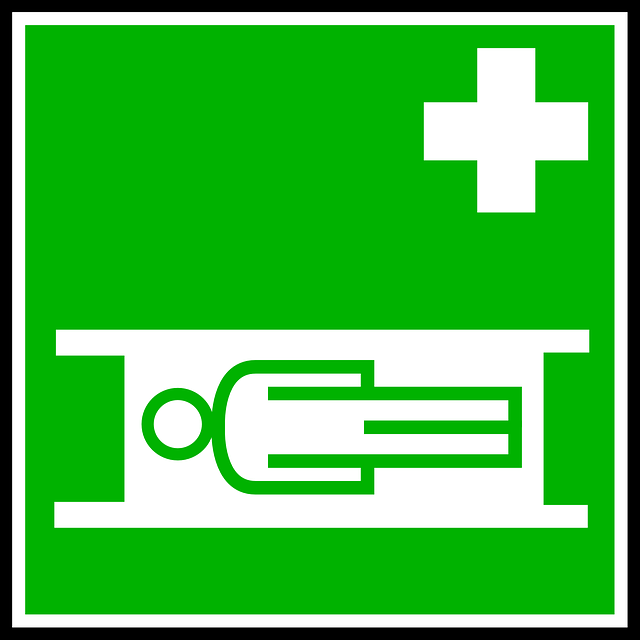
When comparing hospital plans versus medical aid schemes in South Africa, several key factors come into play, helping individuals discern which is better suited to their healthcare needs. Firstly, understanding the scope of coverage is essential. Medical aid typically offers a broader range of services, including preventive care, specialist consultations, and extensive inpatient treatment. In contrast, hospital plans often focus more on acute care, emergency room visits, and short-term stays.
Another critical consideration is the network of healthcare providers. Medical aid schemes usually have extensive networks of hospitals and doctors across the country, allowing for greater flexibility in choosing care providers. Hospital plans may have more limited options, particularly in specific regions or specialist fields. Additionally, members should evaluate the cost structure, including monthly contributions, deductibles, and co-payments, to ensure affordability based on their expected healthcare utilization.
Ensuring Quality Care: The Role of Solvency Checks

Ensuring quality healthcare is a top priority for South Africans, and this is where solvency checks play a pivotal role. When evaluating hospital plans or medical aid schemes, checking their financial health is not just a technicality; it’s a necessity to safeguard consumers. A robust financial foundation ensures that the plan can meet its obligations, providing access to necessary healthcare services without delay. This is particularly crucial in times of crisis or increased demand, ensuring members receive the care they need when they need it most.
These solvency checks act as a filter, distinguishing reputable plans from those that might struggle to deliver on their promises. It’s akin to choosing a reliable mechanic for your car; you want assurance that they have the resources and stability to perform complex repairs without leaving you stranded. For hospital plans and medical aids, this translates to ensuring the provider has sufficient reserves, a solid track record of financial management, and access to capital for investments in healthcare infrastructure and services. This approach promotes consumer confidence, knowing their health and well-being are in capable hands.
When considering the which is better: hospital plan or medical aid question, understanding the solvency of schemes is paramount. Evaluating the financial stability of healthcare options ensures that members receive quality care when it matters most. By delving into key factors like solvency, you can make informed decisions, ensuring your well-being and peace of mind in South Africa’s diverse health landscape. Regular checks empower individuals to navigate the complexities and choose plans that offer both comprehensive coverage and long-term sustainability.

